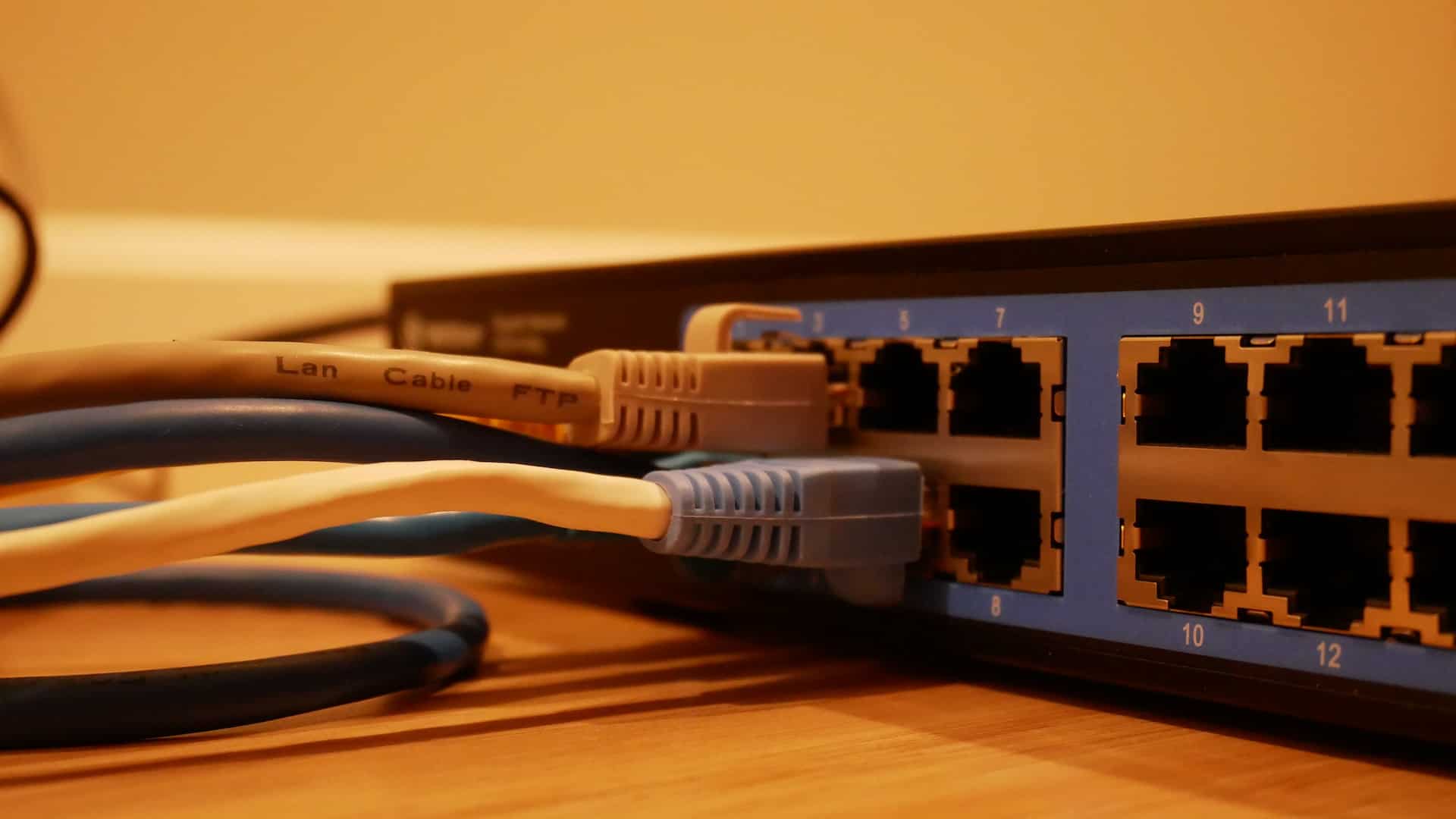The internet has become an integral part of our lives, connecting us to a vast wealth of information and services. However, as we navigate the digital landscape, concerns about privacy and anonymity arise. How can we protect our personal data from prying eyes? How can we browse the web without leaving a trace? This is where proxies come into play, offering a powerful solution to enhance privacy and anonymity. In this article, we will dive deep into the world of proxies, exploring their functionality, use cases, and the benefits they bring to the table, including the best free PS4 proxy server options.
Introduction
In today’s interconnected world, understanding the concept of proxies is crucial. Proxies act as intermediaries between users and the internet, routing traffic through their servers to mask the user’s true identity. By doing so, they provide an extra layer of protection, ensuring that sensitive information remains secure. If you’re looking for the best free PS4 proxy server options, you can check out https://proxybros.com/proxies/best-craigslist-proxies/ for a comprehensive list of reliable proxies.
Understanding Proxies
What are proxies?
Proxies, also known as proxy servers, serve as middlemen in internet communications. They receive requests from users and forward them to the target servers, acting as an intermediary. When the server responds, the proxy relays the information back to the user, effectively hiding their original IP address.
Types of proxies
There are various types of proxies available, each serving different purposes. Some common types include:
HTTP proxies: These proxies handle web traffic and are commonly used for browsing the internet.
HTTPS proxies: Similar to HTTP proxies, but specifically designed for encrypted HTTPS connections.
SOCKS proxies: These proxies operate at a lower level and can handle various types of traffic, including web browsing and other applications.
Residential proxies: Proxies that utilize real IP addresses assigned to residential connections, providing a higher level of anonymity.
Datacenter proxies: Proxies that are not associated with any Internet Service Provider (ISP) and are often faster but less anonymous than residential proxies.
Enhancing Privacy with Proxies
Proxy servers and privacy
When you connect to the internet through a proxy server, your requests are routed through that server, effectively masking your IP address. This creates a layer of privacy, as websites and online services see the proxy’s IP address instead of your own. It becomes significantly harder for third parties to track your online activities or gather personally identifiable information.
Benefits of using proxies for privacy
Using proxies offers several benefits for privacy-conscious individuals:
IP anonymization: Proxies hide your true IP address, making it challenging to trace your online activities back to you.
Location masking: By connecting through a proxy server in a different location, you can access region-restricted content and overcome geographical limitations.
Data encryption: Some proxies provide encryption capabilities, safeguarding your data from eavesdropping and potential attacks.
Protection against targeted advertising: Proxies help prevent advertisers from tracking your online behavior and delivering personalized ads.
Proxy chaining and anonymity
Proxy chaining involves connecting through multiple proxies in a cascading manner, further enhancing anonymity. Each proxy in the chain adds an additional layer of obfuscation, making it even more challenging to track the origin of the traffic. Proxy chaining is often used in high-security scenarios or when dealing with sensitive information.
Proxy Use Cases
Proxies find applications in various domains and industries. Let’s explore some of the common use cases where proxies play a crucial role:
Web scraping
Web scraping involves extracting data from websites for various purposes such as market research, competitor analysis, or data aggregation. Proxies enable web scrapers to gather information anonymously, preventing IP blocking or bans.
Geo-restricted content access
Many online services and streaming platforms restrict access to specific regions. By connecting through a proxy server in the desired location, users can bypass these restrictions and enjoy geo-restricted content.
Ad verification and monitoring
For advertisers and marketers, it is essential to monitor and verify their ads’ placements and visibility. Proxies allow them to view ads as they appear in different locations, ensuring accurate monitoring and preventing fraudulent activities.
Social media management
Social media platforms often impose strict limitations on user activities to prevent spam and abuse. Proxies help social media managers overcome these limitations by allowing them to manage multiple accounts from different IP addresses.
Conclusion
In an era where online privacy and anonymity are increasingly important, proxies offer a powerful solution to protect personal data and ensure a more secure browsing experience. By understanding the different types of proxies, their use cases, and best practices for their implementation, individuals and businesses can harness the power of proxies to enhance privacy and overcome online limitations.
